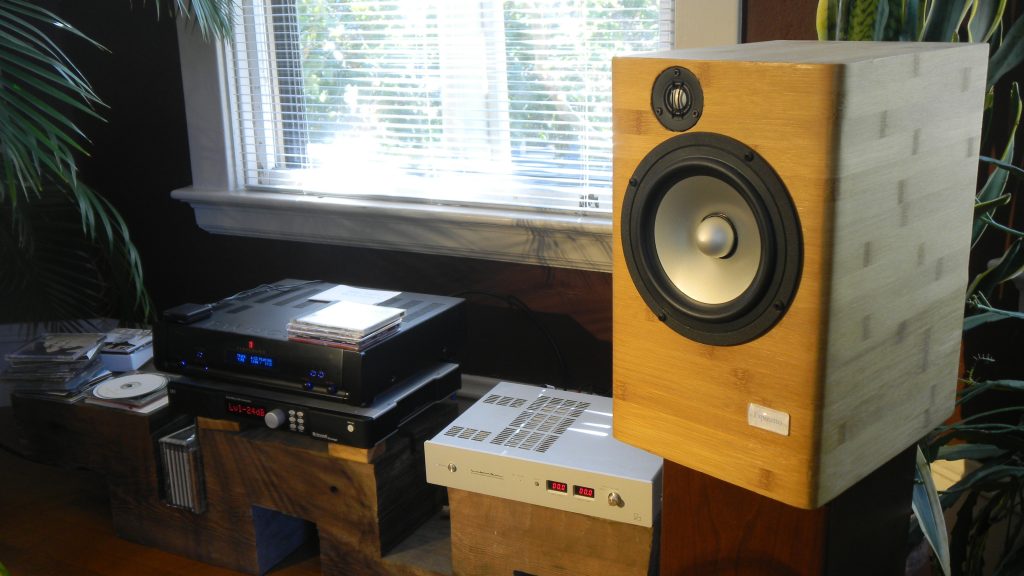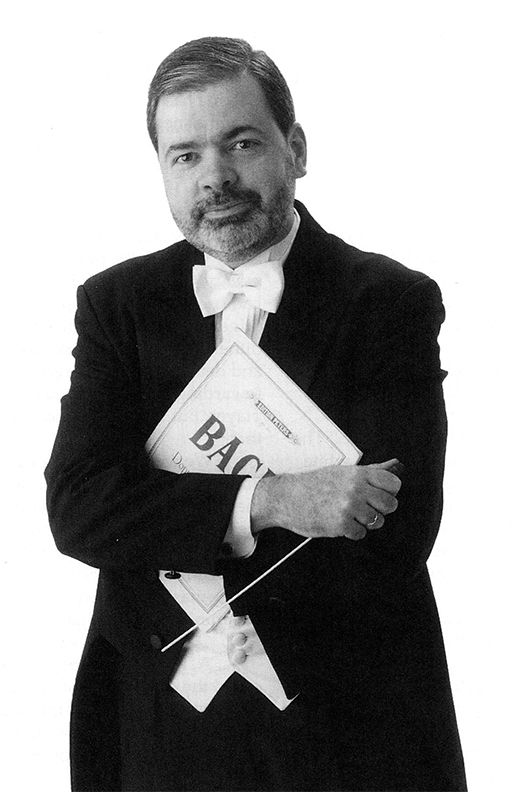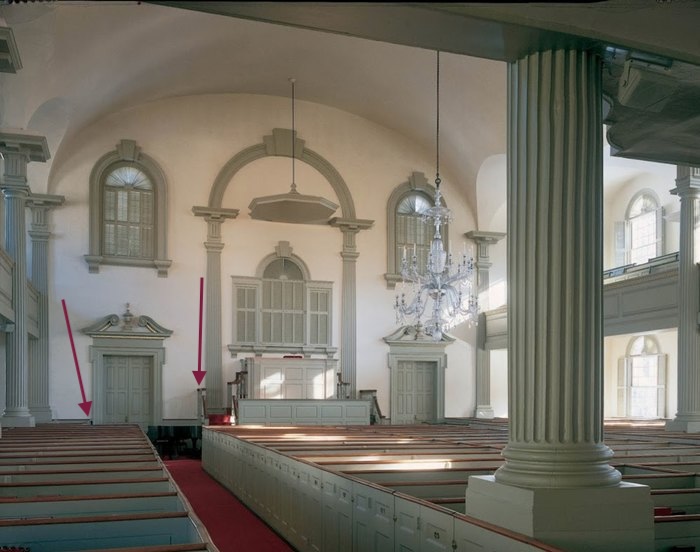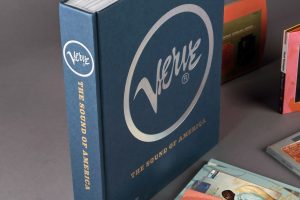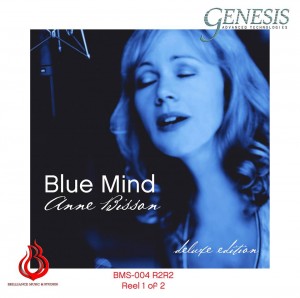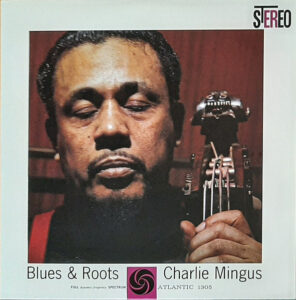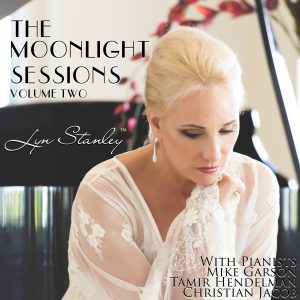In which John Marks shares his latest musical reflections from his very fine blog site, The Tannhauser Gate. As usual, his comments are edifying and instructive.
Enjoy!
Dr. David W. Robinson, Ye Olde Editor
Gregorio Allegri’s "Miserere" (Have mercy on me, Lord) is one of the most famous pieces of Late-Renaissance polyphonic a cappella choral music. Either despite or perhaps because of its difficulty, it is also one of the most frequently-recorded pieces of sacred music. The linked-to Wiki gives an excellent overview, so I encourage you to read it. In an interesting historical synchronicity, the most often-cited date for Allegri’s composition of the "Miserere" is 1638, the same year in which Roger Williams (the English lawyer and divine; not the 1950s-1960s lounge pianist) co-founded The First Baptist Church in America. Which was about as distant as one could get (at least within European civilization) from the creation of the "Miserere," both geographically and culturally.
Another famous synchronicity, or at least connection, is that while on a tour of Italy, the 14-year old Wolfgang Amadeus Mozart visited the Vatican and heard the "Miserere" on a Wednesday and wrote it down from memory. He returned on Friday to check his work. Given that the "Miserere" had been the "secret piece" of the Sistine Chapel choir, one might have feared for the young Mozart. But, in the event, Pope Clement XIV was a good sport about it, later summoning Mozart to receive the Order of the Golden Spur. It is through the young Mozart’s sharing his work with colleagues that the piece became known throughout Europe; Liszt and Mendelssohn both transcribed it.
There is no shortage of very good performances of this work, and quite a few great performances. I am posting this particular video because it is (by far) the best performance video I have seen; indeed, it is slugged as "A Film by Jon Coates." The singing is truly extraordinary. However, the pedant within me wishes to point out that in view of what I call "Musical Pitch Inflation" over the past 400 years, I think the consensus of scholars today is that the actual pitch that the solo singer in Mozart’s time sang at the climaxes would, on a modern piano, be a High B, not a High C. And I for one would have no problem with an historically pitch-correct performance.




